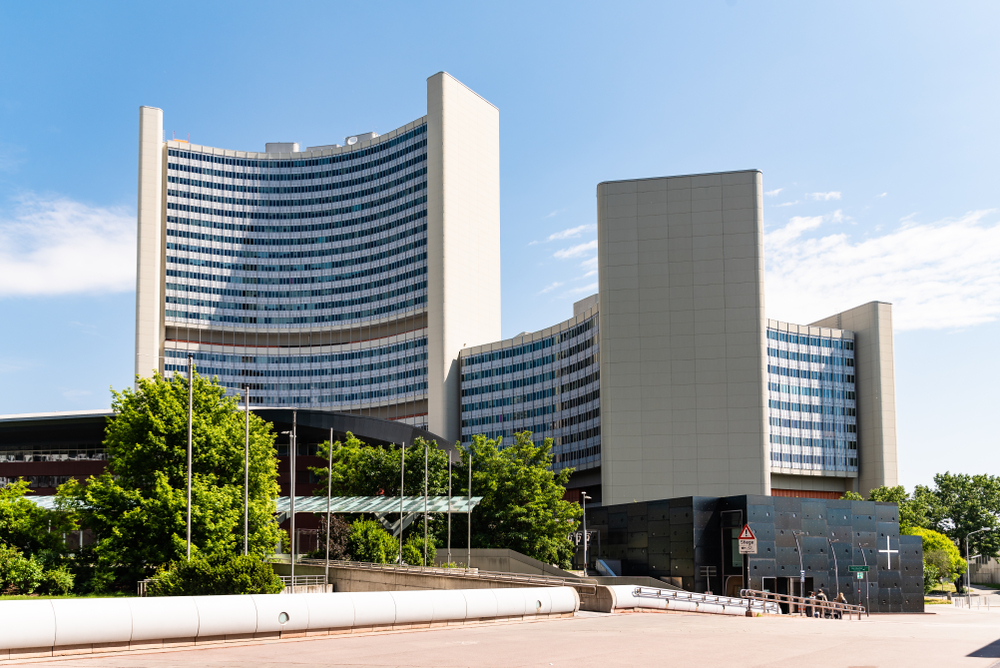
After a nine-day legal and regulatory review, a team of International Atomic Agency (IAEA) researchers has concluded that Austria is committed to nuclear and radiation safety and made recommendations for improvements.
The Integrated Regulatory Review Service (IRRS) team recommended steps to reorganize and better coordinate the role of federal authorities in regulatory control. The mission included meetings with the Federal Ministry of Sustainability and Tourism (BMNT), the Federal Ministry of Education, Science and Research (BMBWF), and the Federal Ministry of Labour, Social Affairs, Health and Consumer Protection (BMASGK).
“Austria has demonstrated its commitment to nuclear and radiation safety by inviting, for the first time, an international peer review for its regulatory oversight of radiological and nuclear facilities and activities,” Mika Markkanen, team leader and principal adviser on regulation practices regulation at the Finnish Radiation and Nuclear Safety Authority (STUK), said. “We are confident that Austria will tackle the tasks before it, including the overall revision of the legal framework and the implementation of the government’s plan to restructure the regulatory framework.”
The IRRS team evaluated Austria’s use of radiation sources in medical and industrial settings, and for science and research purposes, including a research reactor in Vienna. The IRRS mission did not cover all civilian radiation source facilities and activities in the country, however.
“We are thankful for this important, independent review of our regulatory framework,” Andreas Molin, host country liaison officer, said. “I am convinced that the recommendations and suggestions made by the mission will assist us in modernizing our regulatory infrastructure in line with IAEA safety standards.”
Recommendations from the IRRS team include reorganizing a fragmented regulatory system under a simpler structure, reviewing the regulatory framework to avoid potential conflicts of interest, harmonizing regulatory practices, and developing an Integrated Management System to meet all IAEA standards.
“By hosting the mission and demonstrating its dedication to a responsible approach to nuclear and radiation safety, Austria set an example for other countries,” said Juan Carlos Lentijo, IAEA deputy director general and head of the Department of Nuclear Safety and Security. “This is particularly useful considering that many countries are in the process of setting up or strengthening their regulatory framework in line with the IAEA safety standards.”




